Looking Back at 25: David
Five years later, his ambitions are still sky high
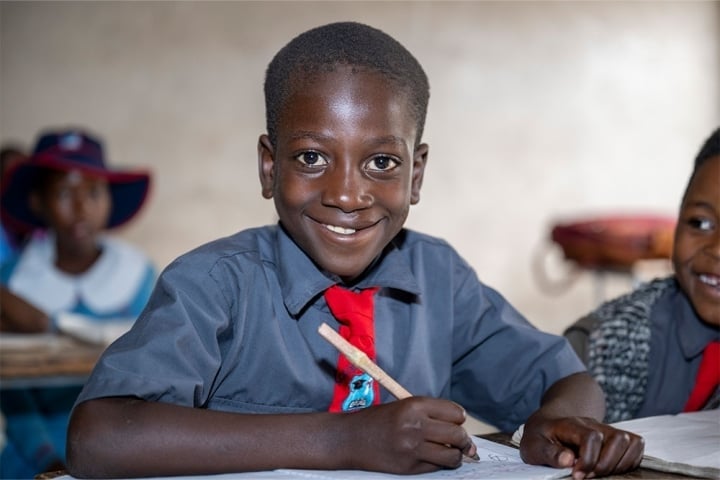
For as long as anyone can remember, David has looked up at airplanes as they soar over his head. Since he could walk, he has seen himself as a pilot, someday steering them to and from the farthest reaches of the planet.
No one doubts he has the right stuff. He is an energetic, bright boy who loves playing soccer and constructing cars out of plastic bottles with his friends. He loves school, too, especially learning to write; that he can express his innermost thoughts just by drawing little shapes fascinates him.
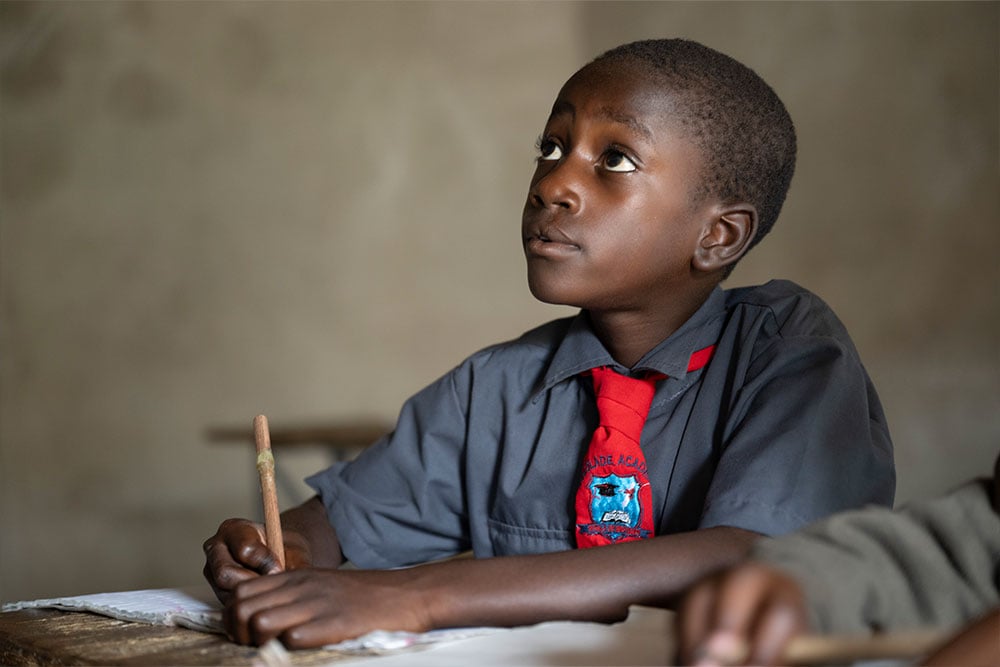
Abigail, his teacher, says he is a fast learner with a lot of friends and limitless potential.
It kills her to see him miss school and jeopardize his dreams because Rona, his mother and only parent, cannot afford the fees.
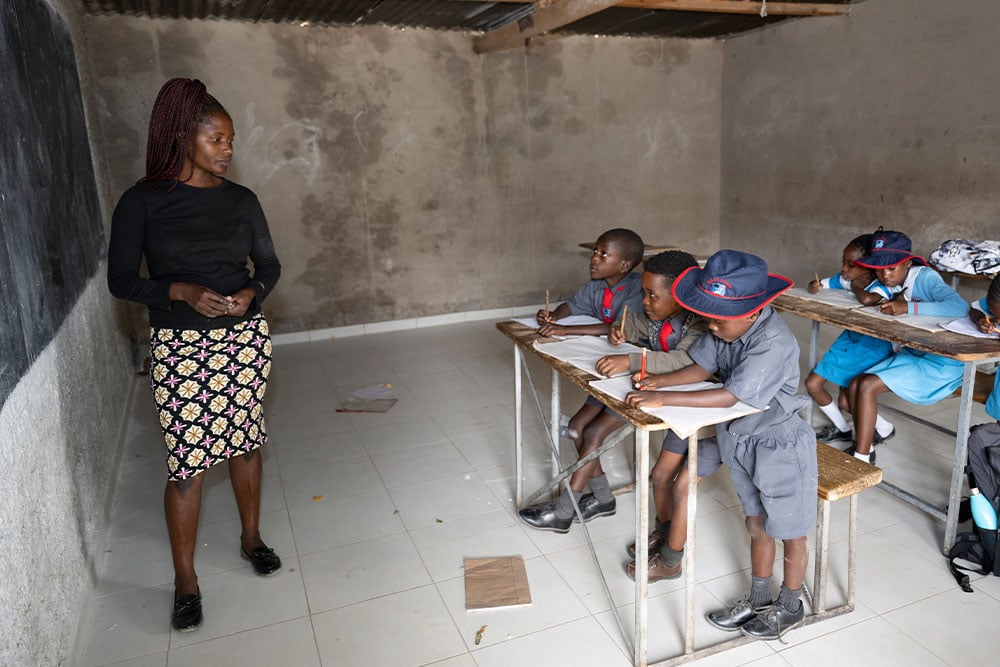
David is eight, just old enough to understand why he can’t go to school sometimes and to want to step up as “the man of the house,” even if Rona insists all she needs from him is to be her little boy.
But he never doubts that things can get better, that one day he will learn to fly and lift his family out of poverty along the way because he is also old enough to understand that his own life is proof that the way things are now is not the way they must be. That no matter what, he should always keep looking up.
Starting Over
David was born with a cleft, a surprise that threw Rona into despair the day he was born. The hospital staff had no idea what to do or how to care for him.
Back home, the neighbors swarmed around her with blame and pointed questions each time she stepped outside. Stung, she retreated into her one-room house, leaving only when she absolutely had to. Her life became a blurred succession of long, hot days spent sitting in the dark, trying and failing to help her baby gain weight because his cleft made him choke every time she tried to nurse him. Her young daughters stepped up to help in any way they could, but there was only so much they could do.
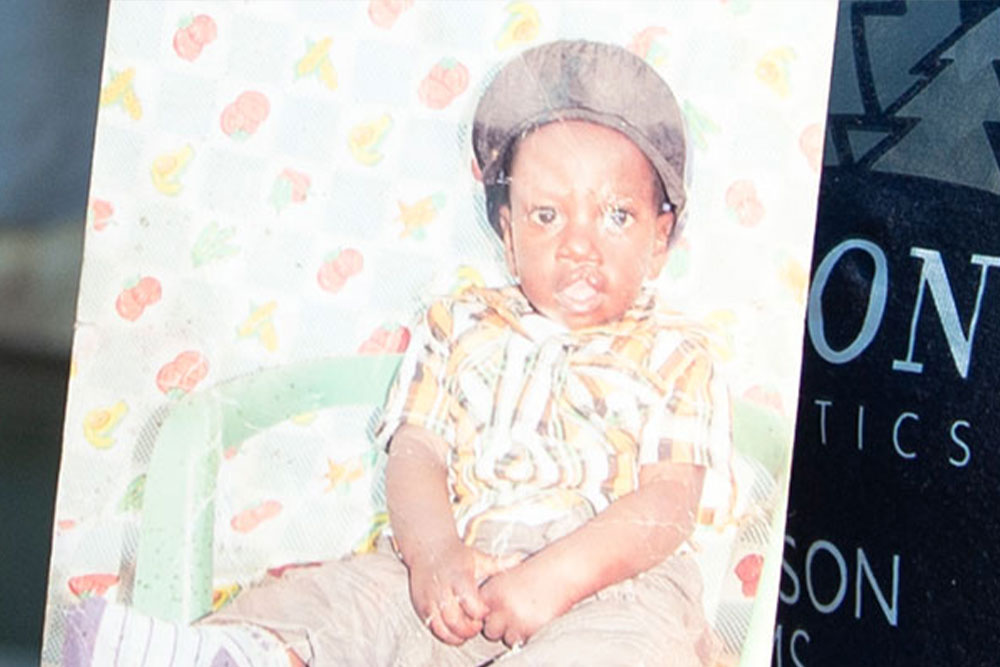
Years passed. David would have been at risk of severe malnutrition had Rona not eventually been referred to Harare Central Hospital, their local Smile Train partner.
There, local experts performed the free cleft surgery that changed his life at age three.
Today, the gap in his lip and palate that threatened to swallow up his life before it ever really began is nothing more than the faintest scar below his nose. When Rona told him about his cleft a few years ago, David didn’t even understand what the story meant.
Local Care, Global Impact
Since our founding in 1999, Smile Train has empowered 2,100+ healthcare workers across more than 90 countries to provide world-class cleft care that’s always there in their communities — for free. This innovative, sustainable model is how, in just 25 years, we’ve already supported more life-changing cleft surgeries than all other charities combined: more than 1.9 million.
But our model’s most important advantage is one that cannot be quantified: When your cleft team lives where you do, shares your culture, your language, your values, your struggles, it fosters an intimate trust no outside group could ever replicate.
That trust is what brought Rona to Harare Central Hospital so her son could smile, and now it’s helping her with the next thing she needs: money so he can stay in school and keep his hopes airborne.
Cleft Moms Should Never Fly Alone
When Rona was out of a job and felt out of options, Sibusisiwe Yona, Smile Train’s Harare-based Program Director for Southern Africa, reached out and invited her to a program run by the Shumiro Sprout Trust, a local Smile Train partner that builds community and resilience among cleft-affected families across Zimbabwe. There, she learned how to produce a handy cleaning gel using only basic household materials and sell it for extra income.
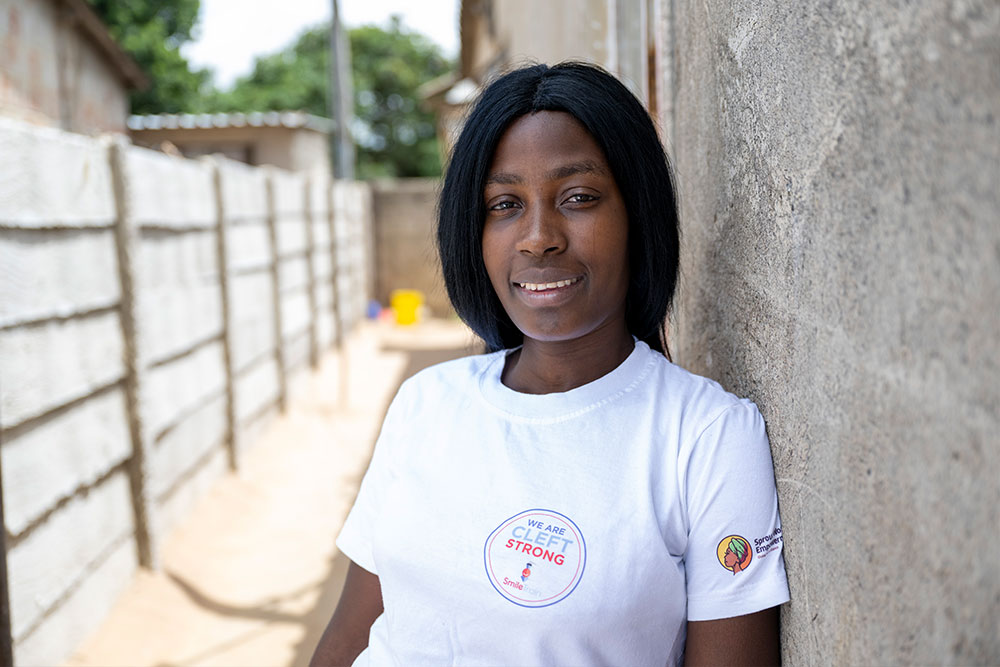
Her new earnings provided additional funds for her family and, perhaps just as importantly, provided her with an additional family. For the first time, she was surrounded by other moms who had been where she was, who intimately understood the loneliness, fear, shame, and pain of having a child with a cleft and were dedicated to helping lift one another out of it and into their loving sisterhood.
“I want to tell people in my situation that feeding the child is essential for surgery,” she said. “You need to know that you are not alone. I can give you information and share my experience. Organizations like Smile Train are on your side to help you.”
Ready for Takeoff
Now that he can spend more time in school, David is thriving.
Gallery
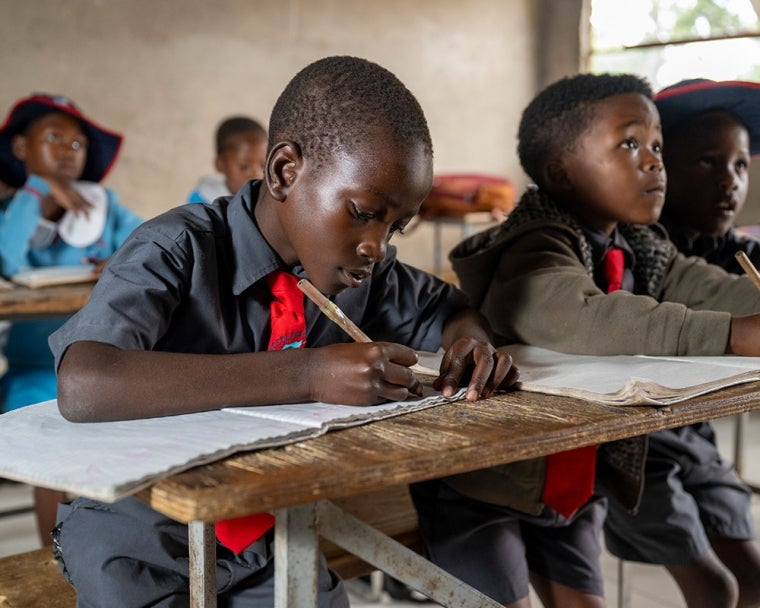
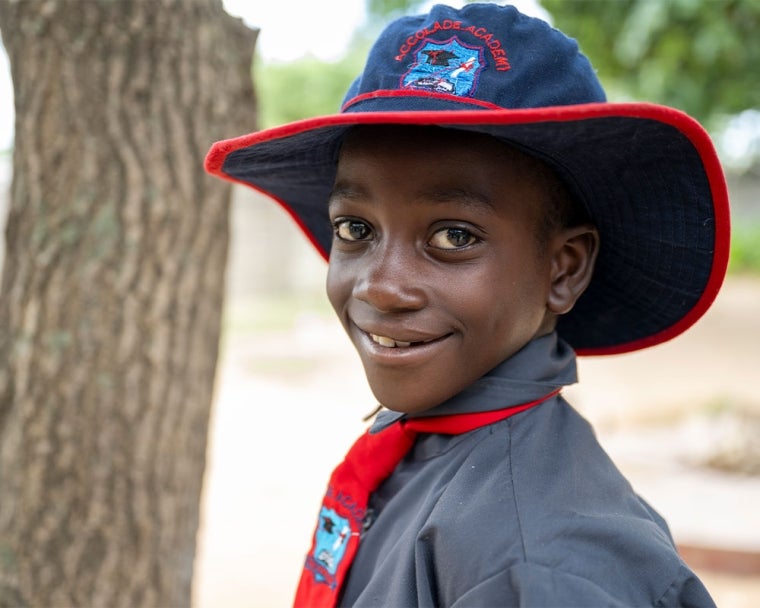
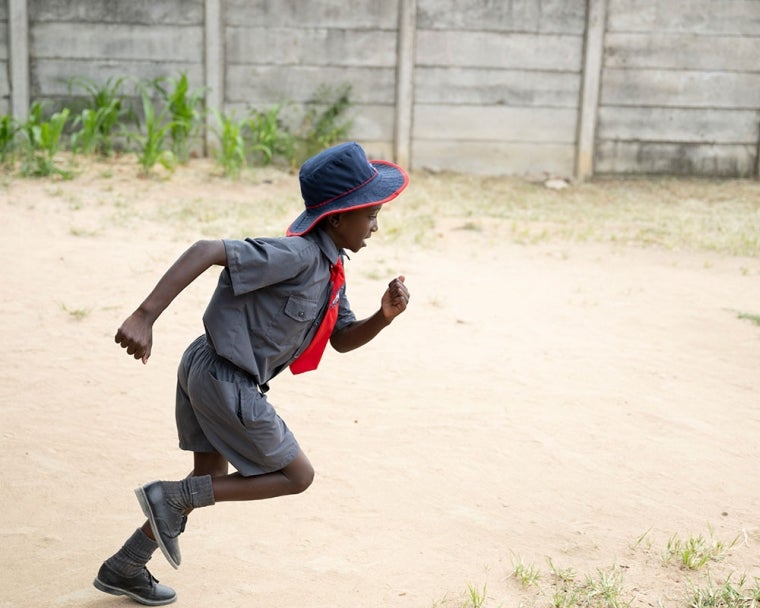
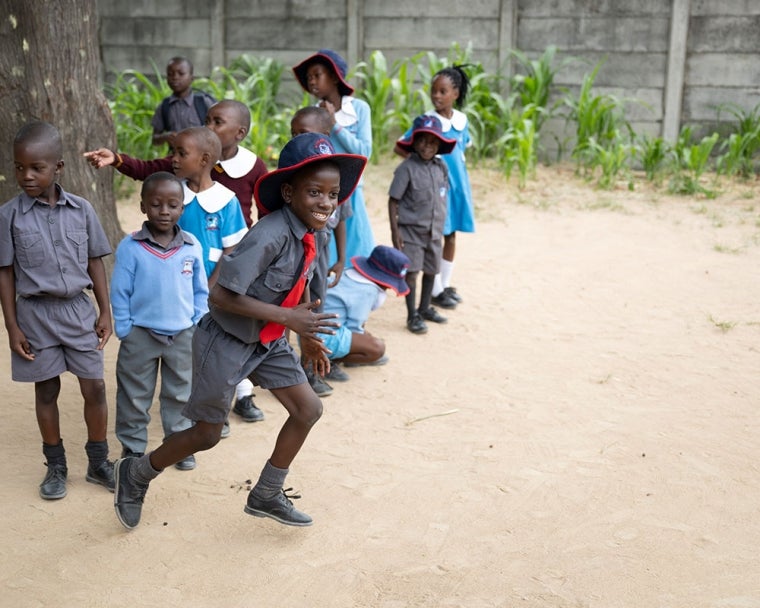
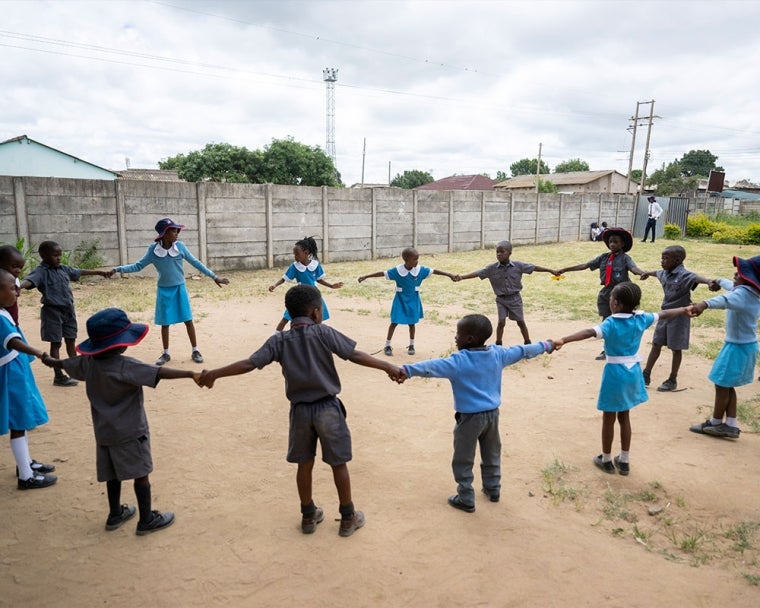
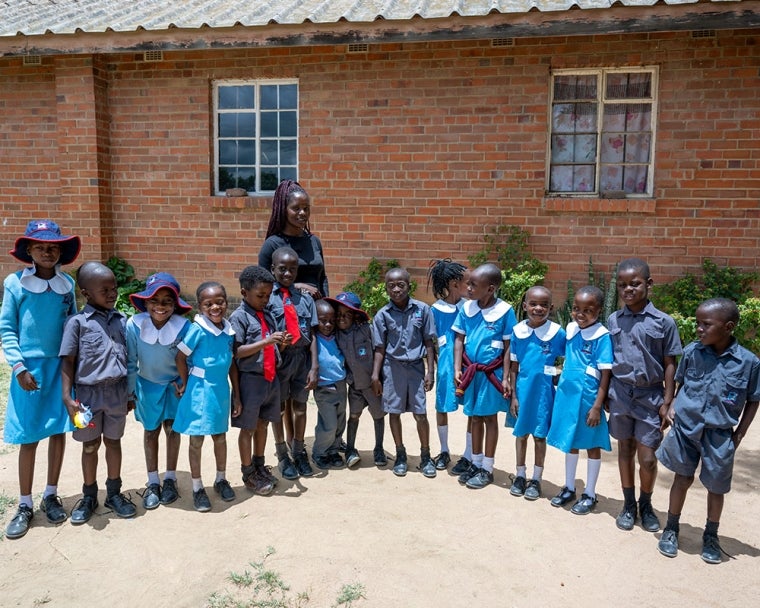
If she didn’t already know, Abigail says she would have had no idea that he had a cleft; it hasn’t affected his performance much at all. She marvels that even his speech, which can be permanently impaired if a child receives cleft surgery after they begin speaking, seems not much different from any other child his age.
“I am grateful because we got help when we needed it most,” Rona said. “My son received treatment at the right time, and now there is no way to suggest he was born with a cleft. People don't know and don't notice it. The surgery was excellent.”
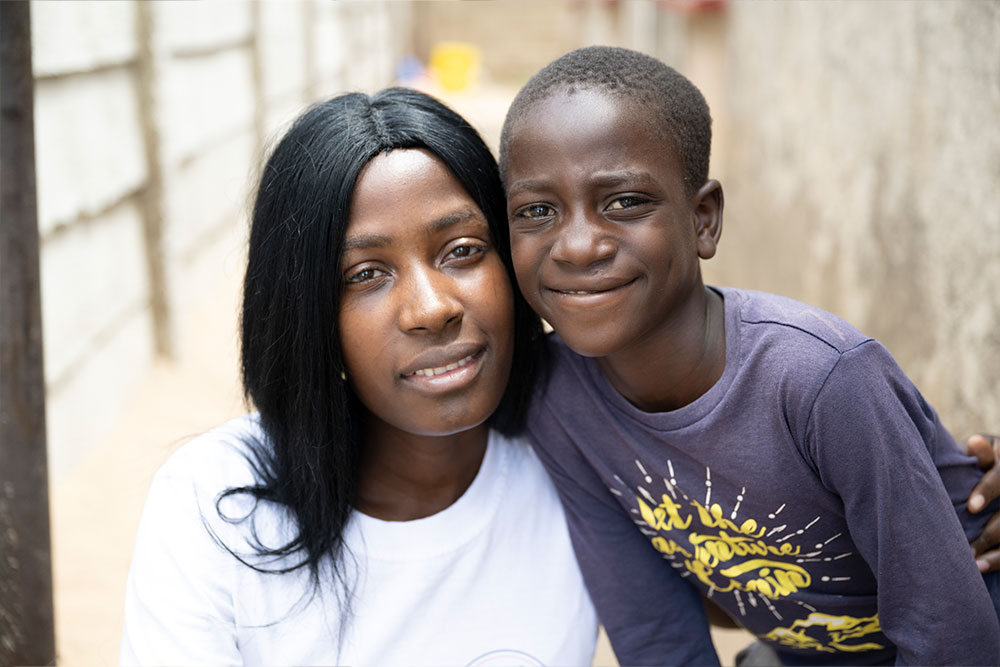
Like so many Smile Train patients, David’s cleft journey is not only his own or even his family’s; it has inspired his entire village. “The community has opened up to people with clefts,” Rona said. “I see a transformation because more of us understand that clefts are treatable.”
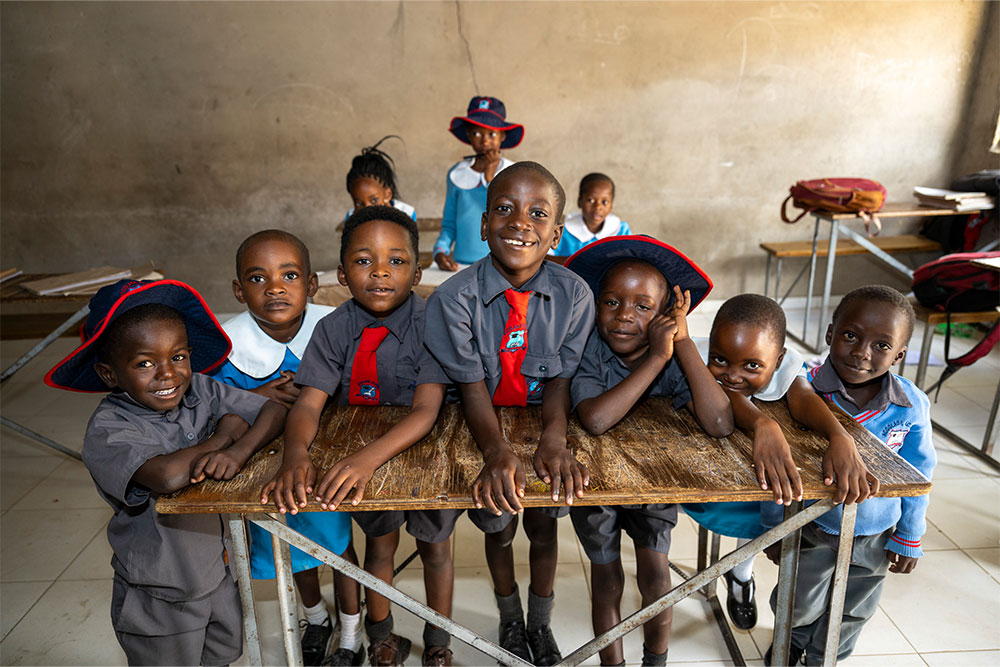
In fact, the only one who thinks much about David’s cleft these days might be David himself, when he rushes to the defense of children who are being picked on and anyone else who might feel bad for being a little bit different.
Feet on the Ground, Head in the Clouds
When we first met David in 2018, just after his cleft surgery, he was a toddler who looked up at us from beside a wash tub and told us he wanted to grow up to be a pilot. Five years later, he has grown and changed and lived so much, but his ambitions have remained reliable as the schedule of flights in and out of Harare that sail above his village each day.
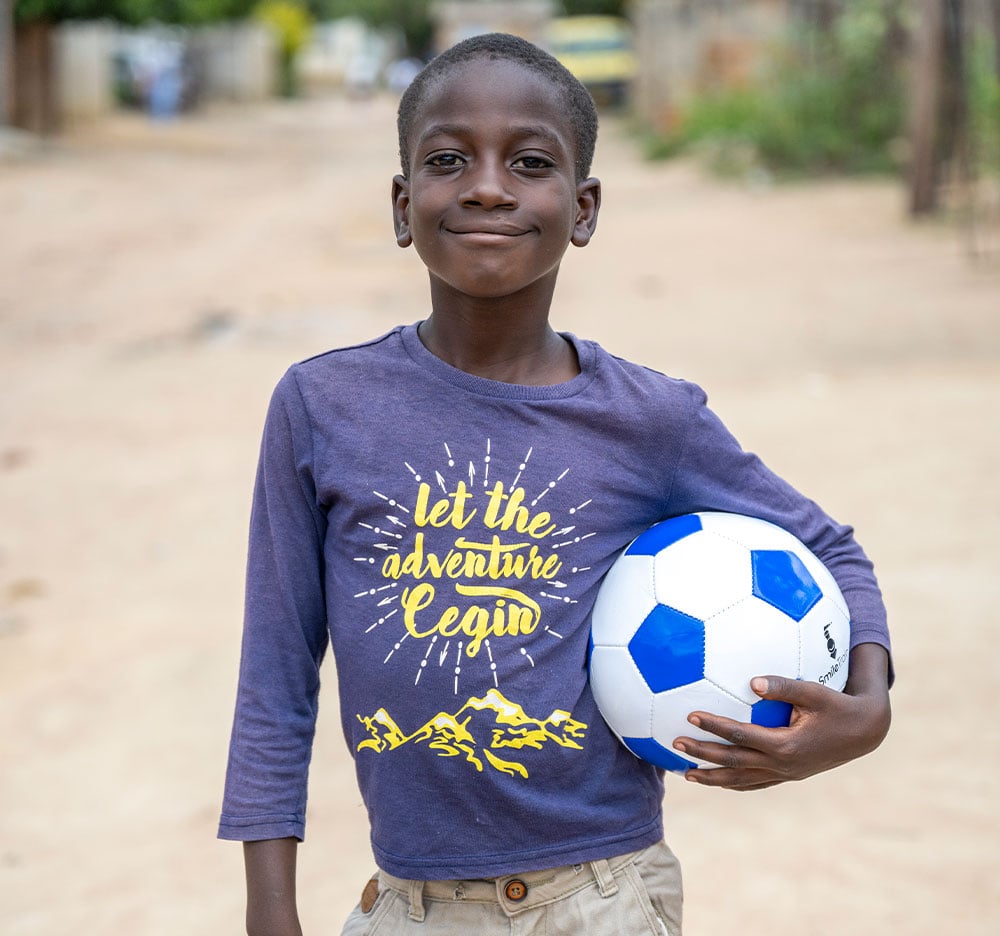
We have no doubt that if we visit David 10 years from now, we will no longer find him in that little house in that little neighborhood but off in the clouds above it, having landed a better life for himself and his family.
We know David will never give up on himself because he knows that, even through some very turbulent times, he always had people in his corner who care about him and refused to give up on him: His mother, his big sisters, his cleft team, and Smile Train donors like you.
